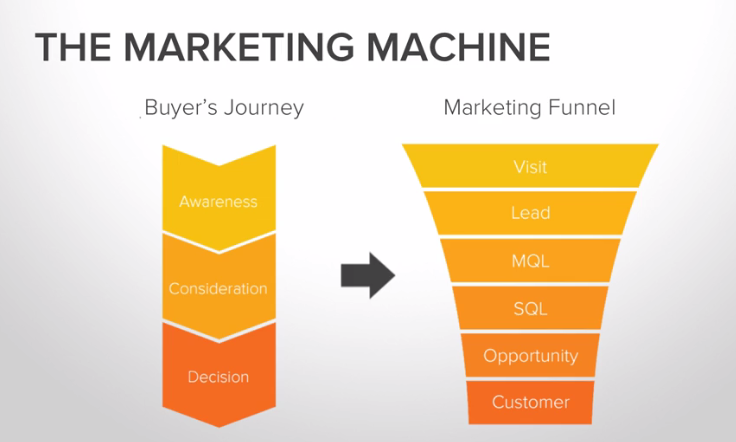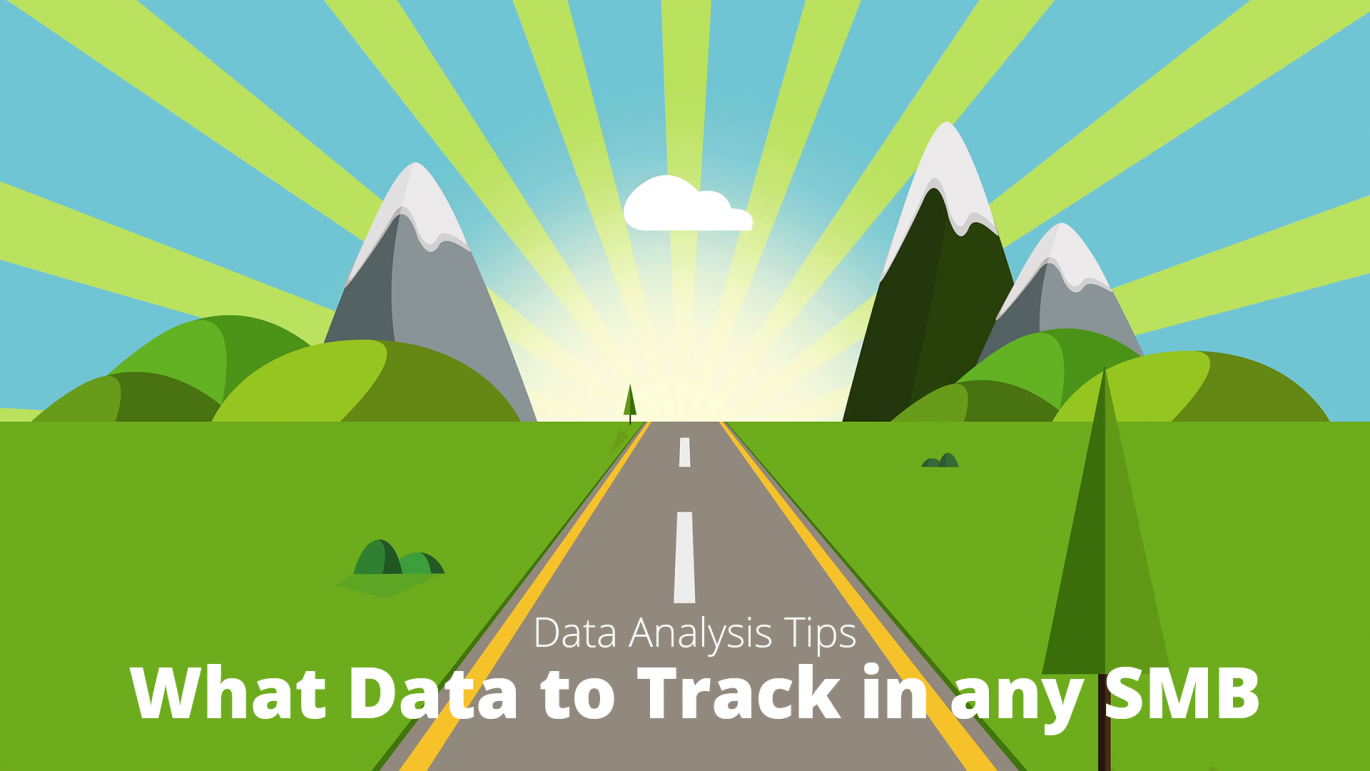Are you working in an SMB but can’t figure out what the most import metrics are?
Or do you simply just want help with managing and tracking your data?
In this article I will explain why data analysis is important and how you can get the most out of it in any small or medium sized business (SMB).
What is data analysis?
Data analysis is actually fairly simple in theory… you analyse your data. Data comes in many forms, for example in a spreadsheet, text file, photo or even a video. All this content contains data and not necessarily easy to categorize or countable in numbers. Manipulating your data helps to put in a category or convert it into something measurable. These are the first steps in data analysis. After the data is cleaned you’ll be able to analyze it. There are multiple techniques to analyze data, but we are not looking into those in this article.
Why is data analysis important?
Data analysis helps finding conclusions on our hypothesis. SO if you set up an A/B test on your website and in your hypothesis you expect certain behaviour from your visitors, analyzing your results will prove that the hypothesis was correct or not.
But it’s not only important to prove specific cases. We store so much data on our servers, it’s a waste not to use it… Analyzing data will help us to become more efficient and productive, saving money, time and resources.
Important data to track for SMB
Most companies have very similar structure and based on that I broke down the most important parts you can easily track and manage with data analysis.
1. Website data
Tracking your website performance sounds like common sense and it should be. But are you aware of some other things that are website related that can be very interesting to keep an eye on as well.
Primary website metrics
- Amount of visits
- new signups
- contact forms
- direct online sales
Besides these metrics there are a lot more things you can track as well. For example:
- Blog website
See what topics are getting a lot of traffic or comments. This will help you to find out what your customers/users are liking or disliking. - Landing page performance
If you do email marketing it’s important to measure performance of your specific landing pages and try to improve conversion rates. - Social media
Be aware of your social awareness, track it and make sure to reply. Keep track of your likes, comments and even the positive/negative attitude people seem to have with your brand. - SEO rankings
Content marketing with the above samples is great… but make sure to track your Google stats and Google rankings as well. Is your content being found or even your website and your products.
2. CRM
There are tons of different APPs that help you to manage all your customers data and information in applications called CRM (systems). CRM systems that are used a lot are for example HubSpot CRM, Salesforce or Zoho Online CRM. They also help you to follow up on leads and track your sales pipeline.
- Amount of new leads
- Sales pipeline/funnel

The marketing & sales pipeline is split up in a few stages:
- Prospects
- Leads
- MQL, marketing qualified leads
- SQL, sales qualified leads
And of course at the end of the funnel the actual sales → conversions. That’s the number your company cares about.
3. Sales
When we look at the actual sales we are not just looking at the revenue amount. Some other things that are really important to be aware off in your sales team, but also in your marketing and development teams.
- What products/services are being sold
- Which and how many products are returned/refunded
- What’s the stock of your products
- Sales targets (are the being hit?)
- Revenue vs. profit
4. Finance
Finance and accounting are very important parts in every company. Tracking the companies health based on our money flows is super important. Some key metrics to track are:
- Marketing budgets
- Revenue
- Personal cost
- Revenue vs. all costs = profit
- MRR (for for example SAAS companies)
5. Support
In a lot of cases we underestimate the power of quality service and customer support. Keeping a strong eye on how we manage and help our users/customers is becoming one of the most important ingredients in keeping clients engaged and simply around your company. So tracking how your service is being rated is very important. Support applications with online chat are becoming the standard. Apps like Intercom, Zendesk and Zoho Support are super powerful and will give you a lot of insights out of the box.
- Amount of tickets
- TIcket response rate/time
- Topics of tickets (to help you improve service and products)
- NPS (mease the customers satisfaction rate and track if your team improving over time)
Get Free Reports with Datadeck
Making these reports isn’t hard anymore using automated reporting tools like Datadeck. Setting up your dashboards and sharing them with your teams, clients and colleagues was never so easy.
Datadeck offers you and your company
- 100+ data integrations
- Over 30 ready-to-go dashboard templates for each department
- Unlimited dashboards
- FREE, literally 0 USD/month using our Hobby package
Sign up now and get these automated data and dashboard benefits your company deserves.





